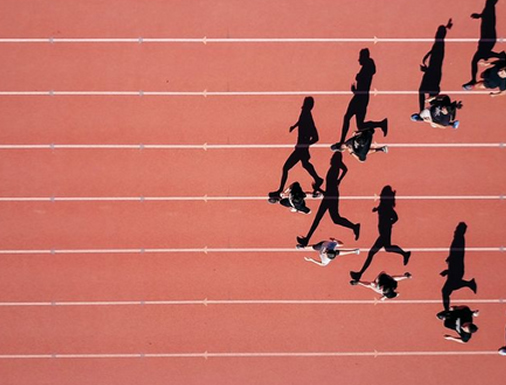
A prolonged, painful and involuntary contraction of a muscle is known as a cramp. Any muscle can be affected, but these spasms commonly occur in the calf or foot. The best way to alleviate the problem is with a massage and stretching. However, nutrition is possibly the most effective way to prevent cramping from occurring.
When it occurs during or immediately after exercise, it is likely to be the result of a gradual build up of lactic acid, which is produced after muscle activity. If the exercise has been fairly vigorous and the weather very hot or humid, the cramp may be due to dehydration caused by excessive sweating. An isotonic drink will help to replace lost fluids and salts as quickly as possible.
To prevent dehydration, drink plenty of water before, during and after exercise- about 1 litre per hour of activity. Salt tablets are unnecessary except in the tropics. Vitamin B2 found in fortified cereals, yoghurts and lean meats may be useful for cramps in athletes, as well as for cramps associated with pregnancy and diabetes.
Leg cramps may be a signal of a lack of calcium, needed for muscle contraction. Foods high in calcium are dairy products, sesame seeds and sardines eaten with their bones. Magnesium may be helpful too – seeds and nuts are excellent sources.
Eating foods high in vitamin E may help to improve the poor circulation that can cause night cramps. Night cramps in the elderly may also be helped by vitamin B12 found in foods such as meat, chicken and fish.





